US flies nuclear-capable B-52 bombers over Middle East amid tensions with Iran
The US military said it has flown two nuclear-capable B-52 bombers over the Middle East, the latest such simulated bombing exercises in the region, even as diplomatic efforts are ongoing to restore a nuclear deal with Iran that Washington walked away from four years ago.
The long-distance bombers took off from Britain’s Royal Air Force base at Fairford, England, and flew over the eastern Mediterranean, the Arabian Peninsula and the Red Sea on Sunday, accompanied by Kuwaiti and Saudi fighter jets before departing the region.
The “Bomber Task Force” simulation meant to send the message that the United States and its allies can “rapidly inject overwhelming combat power into the region on demand,” Lieutenant General Alexus Grynkewich said.
The top US commander for the Middle East, General Frank McKenzie, also said in a statement that sending “strategic bombers halfway across the world in a nonstop mission and to rapidly integrate them with multiple regional partners demonstrates our close working relationships and our shared commitment to regional security and stability.”
“We do not seek conflict,” McKenzie said, “but we must remain postured and committed to respond to any contingency or in opposition to any aggression.”
Iran has frequently warned that US military activities in the region are a source of tensions and insecurity, warning that the country’s Armed Forces will respond resolutely to any aggression.
Israeli warplanes also took part in the simulated bombing mission, though their presence was omitted from the US Air Force release, according to media reports.
The Israeli military said that several of its fighter jets joined the exercise in the Persian Gulf, describing cooperation with the US military as critical to “maintaining aerial security in Israel and the Middle East."
The US military has frequently dispatched B-52 bombers to the Middle East as tensions simmer between the United States and Iran. The last flyover drill of this kind took place in June.
Some US allies in the Middle East are anxious as Washington and Tehran, through European intermediaries, have been attempting to narrow their differences to revive the Joint Comprehensive Plan of Action (JCPOA), the official name of the 2015 nuclear deal.
A dwindling US military presence, characterized by troop cuts and planned departure of the Nimitz aircraft carrier strike group in the Persian Gulf, has further fueled their fears that the United States is abandoning the region.
The US said last week that Iran's response to the European Union proposal in the talks was “not constructive.” Iran's Foreign Ministry said Monday that it had not received any official US reaction to its response.
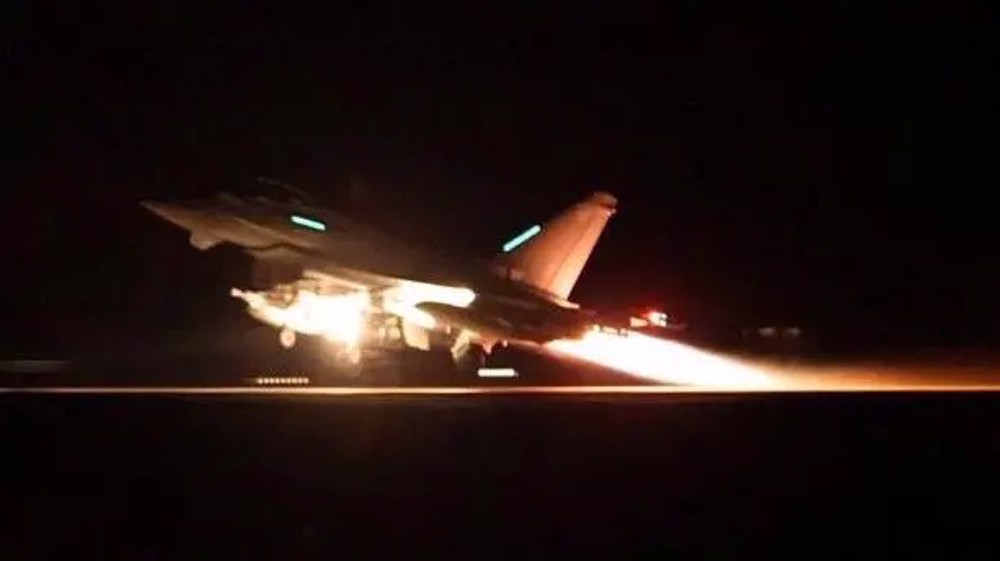
Report: Saudi, UAE, Qatar, Kuwait ban US warplanes for strikes
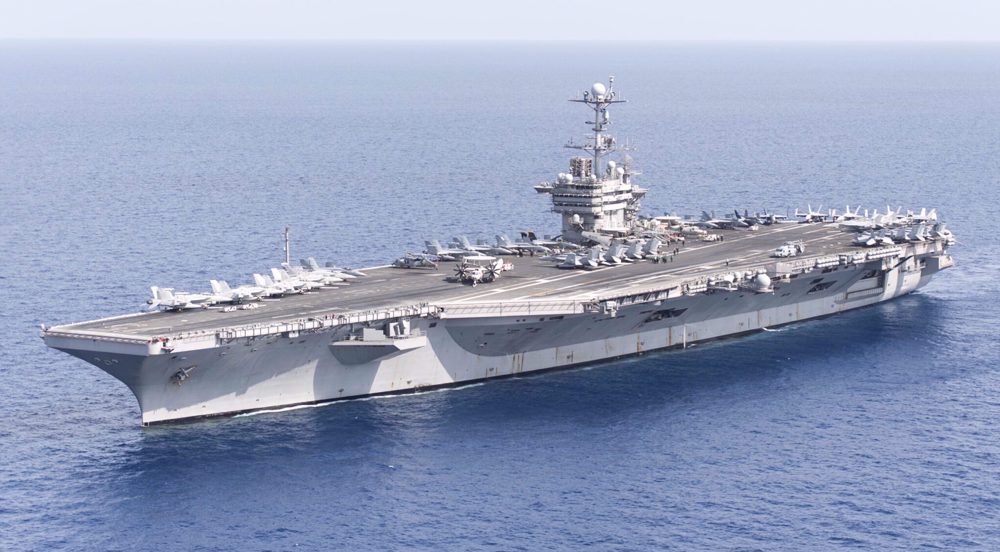
Yemeni forces attack US aircraft carrier with cruise missiles, drones
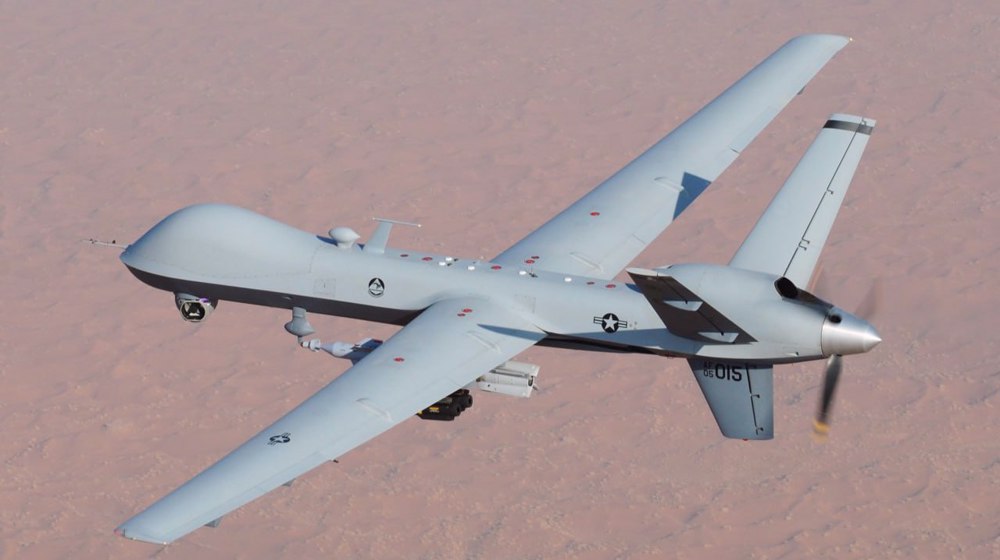
Yemeni forces announce downing of US MQ-9 drone
VIDEO | Trump ends free-trade era with tariffs on whole world
VIDEO | Italian lawmakers slam government's complicity with Israel in Gaza war
VIDEO | Iranians celebrate ‘Nature Day’ as Ramadan ends
VIDEO | South Korea on edge as impeachment decision looms
VIDEO | Press TV's news headlines
Israel rewards surrender with erasure: Lebanese analyst
Netanyahu says Qatar 'not an enemy state'
UN rights body demands Israel 'prevent genocide' in Gaza


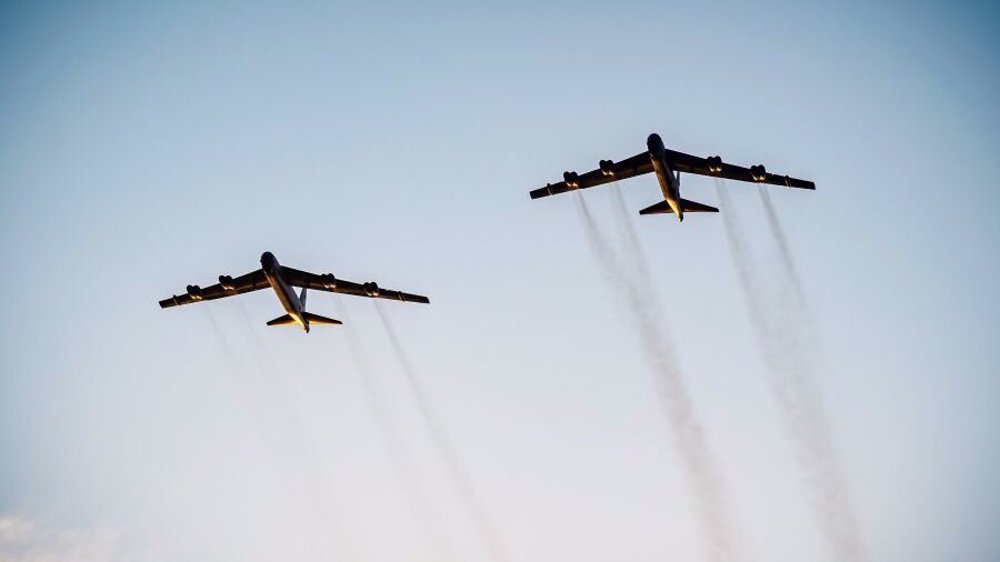
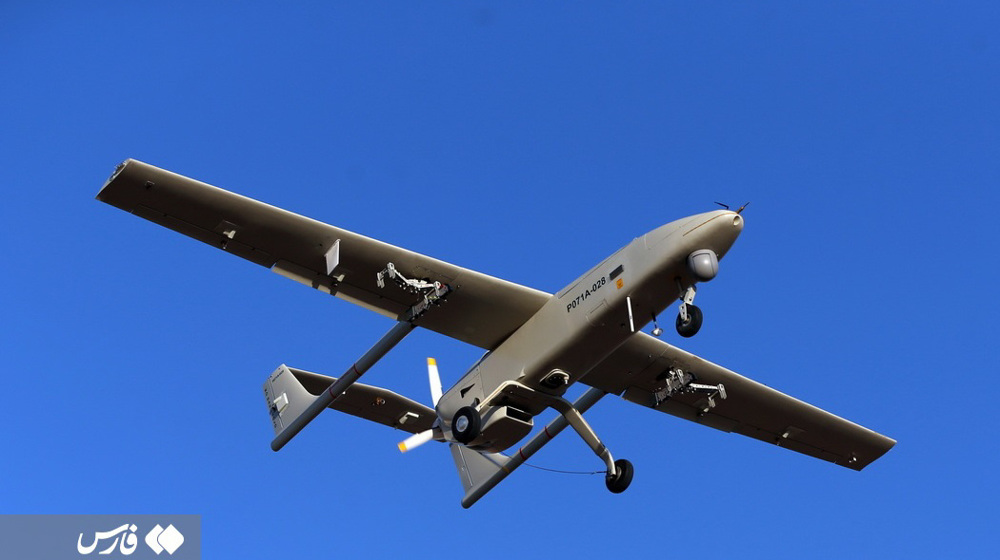



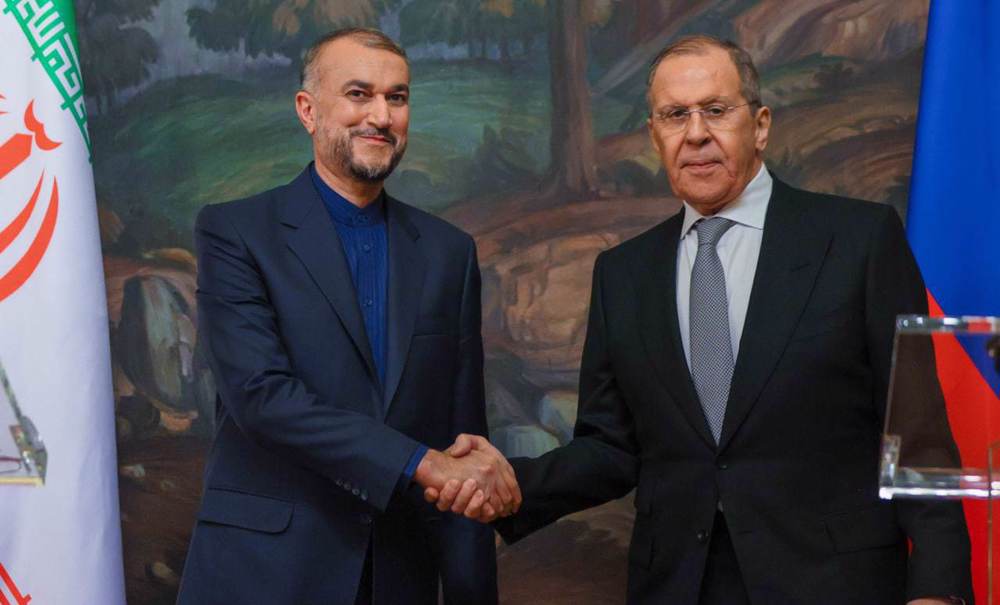
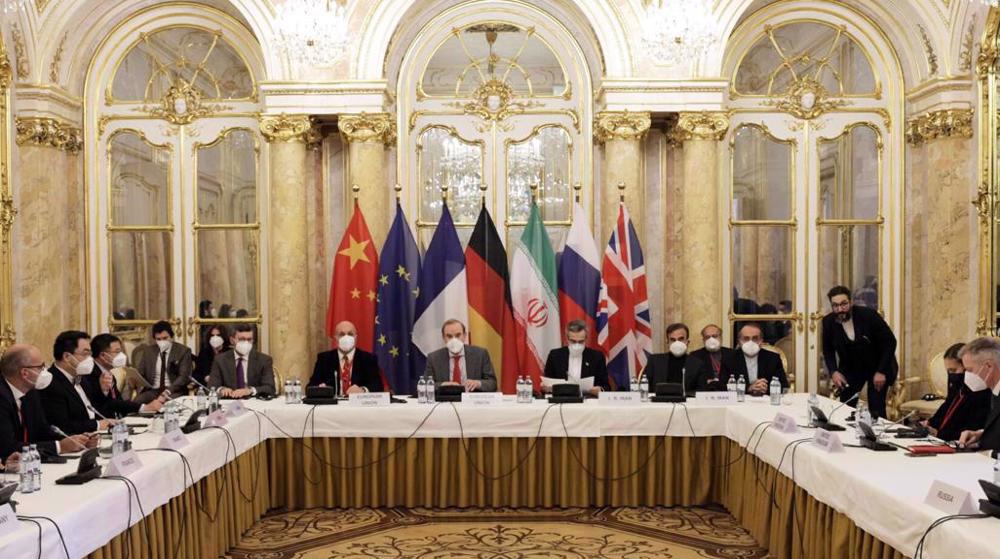
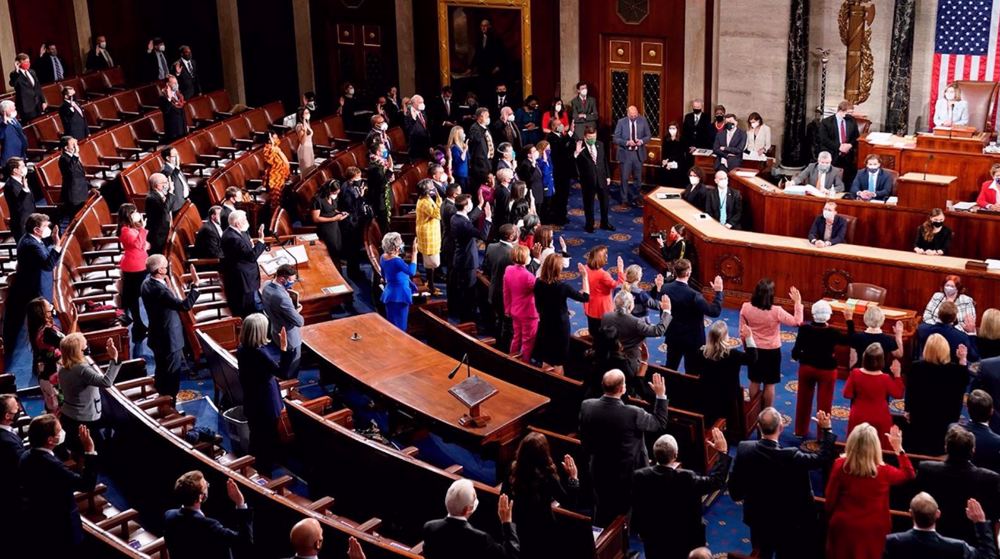
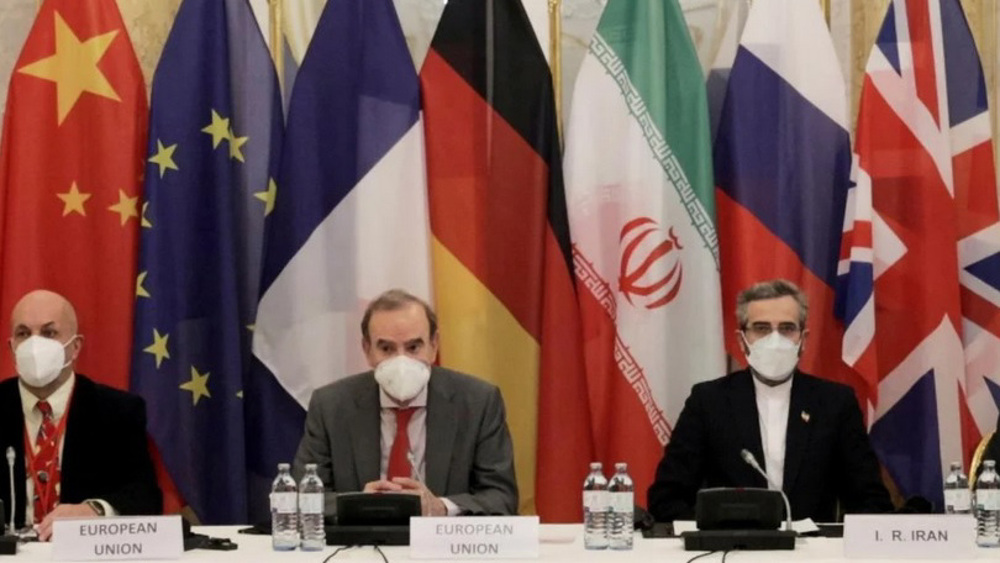

 This makes it easy to access the Press TV website
This makes it easy to access the Press TV website